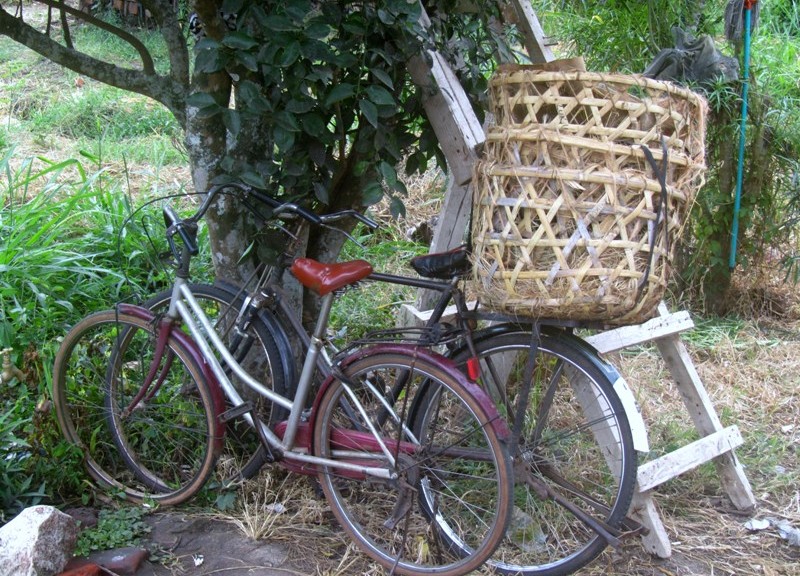Two years ago I conducted an assignment in Tanzania’s commercial capital, Dar es Salaam. I have returned to continue work with my former client, Tandale Wholesale Grain Market. My previous advice to them was to upgrade the physical aspects of their (very dilapidated) market. Upon my arrival I saw that they had widened and graded the dirt approach road. Some holes in the market roof had been patched. A water line was being installed. So, some noticeable progress; still, much remained untouched, like the labyrinthine, uneven, dirt internal passageways that porters carrying 220 pound bags of grain had to navigate. And the noticeably unclean conditions in the dining area.
This time my NGO thought the time was ripe to deliver marketing lessons to the market members. These are small businesspeople who operate market stalls selling large bags of rice, corn, beans, lentils, etc. to hotels, schools, shops – – anyone seeking more than a small retail quantity of product. We felt the stall operators would benefit from a bit of Western business technique. We went to great lengths to prepare the training, organize the venue, order water and soft drinks for the participants. But no one showed up.
On previous assignments in Africa I have delivered marketing training to farmers. And they always show up…hungry for knowledge. But when a farmer leaves his fields for a few hours in the classroom he suffers no adverse effects, the crops continue to grow. When a market stall operator leaves his stall for a few hours, sales cease. In these mostly one person stalls, there is no one left behind to tend to the customer. And every day these stall operators must take home the proceeds of the day to feed their families. So short term revenue trumped long term knowledge. They stayed in their stalls and out of my classroom.
Once my NGO realized that I had a marketing curriculum to deliver, but no students to receive it at Tandale Market, they asked that I take my show on the road. So for the past ten days I have been based in Morogoro, a small regional city 120 miles west of Dar, from where I have traveled to Mvomero and Kiroka villages to train farmers about marketing. And they do show up and their crops continue to grow.
Yesterday in class, I taught the farmers the benefit of good communication with their customers. I am always gratified when a student applies my somewhat Western lesson to his local situation. One farmer reinforced the value of good communication. He said communicating with your customer keeps the customer faithful to you. Just like communicating with your wife. This is not an analogy I would have selected, but by the response of the class it appeared to resonate. So, on my next assignment I will play up the benefit of marital fidelity.
The first day in town my hotel chambermaid asked me for lunch money, the next day for transport money. Generally it is not a good idea to badger the hotel guest for cash. I did not cough up the requested funds, but I will not mention this transgression to her supervisor even though she shouldn’t be doing it. Steady jobs for poor people are precious in Tanzania.
I have received many requests for money in this poor country. One lady asked me for a $1500 loan so she could start up a cash transfer business using cell phones. East Africa (particularly Kenya) is a world leader in money transfer via cell phone. Simply give a mobile carrier’s authorized rep $100 cash, he will place credit on your phone, and then you can text that credit to, say, your mother back in your home village. She will find one of the ubiquitous authorized reps in her village; the rep will deduct the credit and give her $100 cash. In a country where few people have bank accounts, mobile transfer is a godsend.
This morning, as most mornings, I ate breakfast at my hotel. The waiter approached my table and said, as waiters do every morning, “Room?” I replied with my room number, three-one-three. He looked at me and said, “Spanish?” I thought it strange that he wanted my room number is Spanish, nevertheless I replied, tres-uno-tres. He cocked his head and asked again, “Spanish?” Oh, so he thinks I am from Spain? Now I decided to proudly use my newest memorized Swahili phrase, Hapana, mimi ninatoka Merikani, meaning, No, I come from America. He cocked his head the other way and asked in perfect English, “Sir, would you like a Spanish omlette?”


Nice post. Thanks!